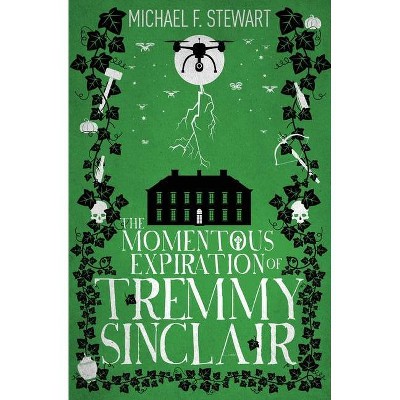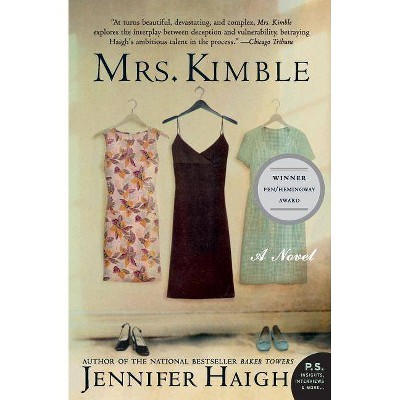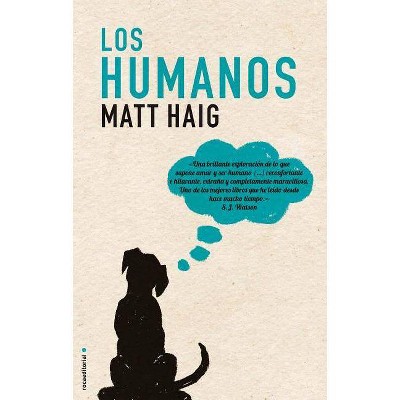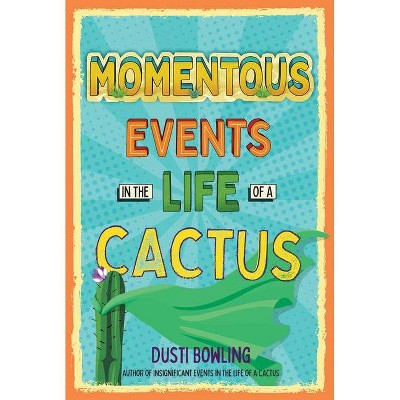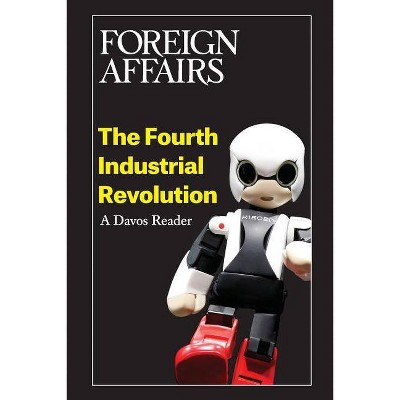The Momentous, Uneventful Day - by Gideon Haigh (Paperback)
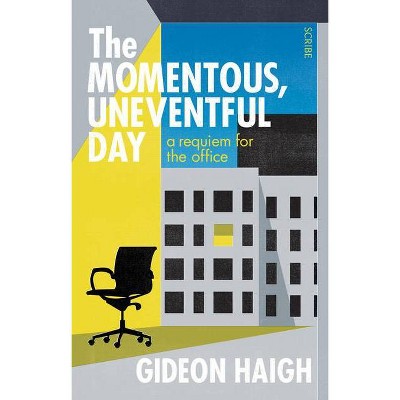
Similar Products
Products of same category from the store
AllProduct info
<p/><br></br><p><b> About the Book </b></p></br></br><p><strong>Has COVID-19 ushered in the end of the office? Or is it the office's final triumph?</strong></p><p/><br></br><p><b> Book Synopsis </b></p></br></br><p><strong>Has COVID-19 ushered in the end of the office? Or is it the office's final triumph?</strong></p> <p><strong>For decades, futurologists have prophesied a boundaryless working world, freed from the cramped confines of the office.</strong> During the COVID-19 crisis, employees around the globe got a taste of it. Confined by lockdown to their homes, they met, mingled, collaborated, and created electronically. At length, they returned to something approaching normality. Or had they glimpsed the normal to come?</p> <p>In <em>The Momentous, Uneventful Day</em>, Gideon Haigh reflects on our ambivalent relationship to office work and office life, how we ended up with the offices we have, how they have reflected our best and worst instincts, and how these might be affected by a world in a time of contagion. Like the factory in the nineteenth century, the office was the characteristic building form of the twentieth, reshaping our cities, redirecting our lives. We all have a stake in how it will change in the twenty-first.</p> <p>Enlivened by copious citations from literature, film, memoir, and corporate history, and interspersed with relevant images, <em>The Momentous, Uneventful Day</em> is the ideal companion for a lively current debate about the role offices will play in the future.</p><p/><br></br><p><b> Review Quotes </b></p></br></br><br><p>"In his new book, Gideon Haigh goes beyond the banal exterior of the office and examines how they've shaped our cities, culture and collective history...In this deeply researched and engaging analysis, Haigh ponders if this is just a glimpse of things to come." <br />--<b><i>Happy Magazine</i></b></p> <p>"Haigh recounts the evolution of the office with imagination and fairness, and he can turn a fine phrase when he wants to. <i>The Momentous, Uneventful Day</i> reads like a good story--and it is, for better or worse, the story of our lives." <br />--<b>Derek Parker, <i>Spectator Australia</i></b></p> <p>"Tracing its history as far back as ancient Egypt (but concentrating on the 20th century), author Gideon Haigh presents a thorough and interesting account of the office over time. His approach is not merely a collection of facts but rather an attempt to understand the office's impact on our culture and society, and vice versa...Haigh is an adept writer--clear, informative...His information is drawn from an astonishingly wide range of sources, including pop culture." <br />--<b>Ian Halett, <i>Books+Publishing</i></b></p> <p><b>Praise for <i>The Racket: how abortion became legal in Australia</i>: </b></p> <p>"Gideon Haigh is quite simply one of the best--and most intriguing--writers working in Australia today. He is amazingly prolific on a variety of subjects, but entirely consistent in delivering elegant prose that engages thoughtfully with his subject and wears its (often considerable) research lightly." <br />--<b>Jo Case, <i>Readings Monthly</i></b></p> <p><b>Praise for <i>Asbestos House: the secret history of James Hardie Industries</i>: </b></p> <p>"[A] serious, sombre and, at times, heart-rending account befitting a tragic and awful story...At all times Haigh's research is impeccable. This is the book's great strength--it could become the reference book on all matters relating to asbestos." <br />--<b>Matthew Charles, <i>Herald Sun</i></b></p><br>
Price History
Price Archive shows prices from various stores, lets you see history and find the cheapest. There is no actual sale on the website. For all support, inquiry and suggestion messagescommunication@pricearchive.us




